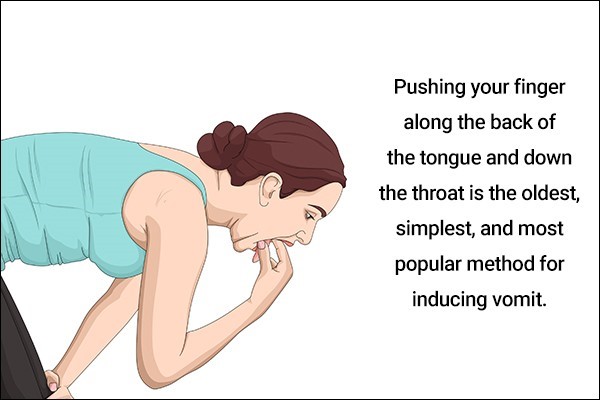A nurse and client work on strategies to reduce weight.
What phase of the therapeutic relationship are the nurse and client in?
Pre-interaction
Orientation
Working
Termination.
The Correct Answer is C
Working.
The working phase of the therapeutic relationship is when the nurse and client work together to develop and implement strategies to achieve the client’s goals.
In this case, the goal is to reduce weight, so the nurse and client are working on strategies to achieve that goal.
Choice A is not an answer because the pre-interaction phase occurs before the nurse and client meet and involves the nurse preparing for the first interaction with the client.
Choice B is not an answer because the orientation phase is when the nurse and client get to know each other and establish trust and rapport.
Choice D is not an answer because the termination phase occurs when the therapeutic relationship ends and involves evaluating progress and planning for future care.
Nursing Test Bank
Naxlex Comprehensive Predictor Exams
Related Questions
Correct Answer is C
Explanation
Working.
The working phase of the therapeutic relationship is when the nurse and client work together to develop and implement strategies to achieve the client’s goals.
In this case, the goal is to reduce weight, so the nurse and client are working on strategies to achieve that goal.
Choice A is not an answer because the pre-interaction phase occurs before the nurse and client meet and involves the nurse preparing for the first interaction with the client.
Choice B is not an answer because the orientation phase is when the nurse and client get to know each other and establish trust and rapport.
Choice D is not an answer because the termination phase occurs when the therapeutic relationship ends and involves evaluating progress and planning for future care.
Correct Answer is C
Explanation
Inducing vomiting is not always the appropriate first aid response for poisoning and can sometimes be harmful.
It is important to call the poison control center for guidance on what to do if you suspect poisoning1.

Choice A is not an answer because taking prescription medications only as prescribed can help prevent accidental poisoning1.
Choice B is not an answer because sharing prescription medications can be dangerous and lead to accidental poisoning2.
Choice D is not an answer because having the phone number for the poison control center easily accessible can help you quickly get guidance on what to do in case of suspected poisoning1.
Whether you are a student looking to ace your exams or a practicing nurse seeking to enhance your expertise , our nursing education contents will empower you with the confidence and competence to make a difference in the lives of patients and become a respected leader in the healthcare field.
Visit Naxlex, invest in your future and unlock endless possibilities with our unparalleled nursing education contents today
Report Wrong Answer on the Current Question
Do you disagree with the answer? If yes, what is your expected answer? Explain.
Kindly be descriptive with the issue you are facing.
